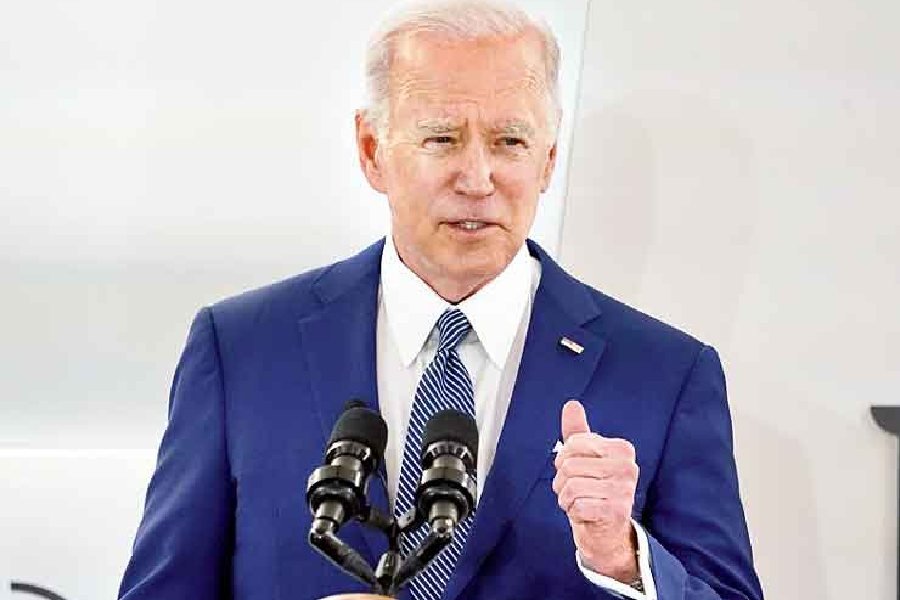The Australia-United Kingdom-United States trilateral security partnership was conceived in 2021 as a platform through which the US reunited with two of its resolute allies, the UK and Australia, to counter China’s soaring military influence in the Indo-Pacific region. There is a clear target to produce a convergence among these countries on military technology and intelligence-gathering through new-age technologies in the Indo-Pacific. There is, however, a facet of this partnership — the exchange of nuclear propulsion technology by the US and the UK to Australia to build nuclear-powered submarines — that has broader ramifications for the non-proliferation regime and the liberal international order.
US defence technology and its transfer are regulated by two departments, the US department of state through the International Traffic in Arms Regulations and the US department of commerce through the Export Administration Regulations. In this case, the exchange of nuclear propulsion technology would entail not just a relaxation of defence transfer restrictions but also of regulations at the core of the non-proliferation regime embodied in the Treaty on the Non-Proliferation of Nuclear Weapons, which Australia is a signatory to as a non-nuclear weapon state. For the arrangement under this partnership to materialise, Australia will have to engage in the ‘termination of safeguards’ under the International Atomic Energy Agency procedures to withdraw fissile material from inspection to be used for nuclear submarines. The IAEA allows for the withdrawal of fissile material with an advance notice of six months.
However, permitting periodic withdrawal of fissile material for nuclear submarines would be in direct contravention of the objectives of the IAEA as an international organisation entrusted with monitoring the utilisation of fissile material for peaceful purposes and ensuring that the material is not diverted for use in weapons. Exemptions made in this manner would lead to the weakening of the non-proliferation regime as IAEA safeguards are not self-reinforcing and entail no punitive measures for non-compliance except for referral of the matter to the UN Security Council.
The nuclear non-proliferation regime embodied in the IAEA and the NPT has remained an effective bulwark against the proliferation of nuclear weapons. There have been some notable violators of the framework such as Pakistan, India, Israel, Iran and North Korea. A duality of fate can be noticed among these violators. The nuclear status of India and Israel was eventually legitimised whereas Iran and North Korea continue to be considered as rogue nuclear states. These asymmetric outcomes were the consequence of ‘unipolar patronage’ by America based on political expediency in a changing geostrategic environment. The same expediency is being ascribed to the concessions being made to Australia in the face of China’s threat to the Indo-Pacific. This expediency exposes the enduring American principle of ‘exemptionalism’ — making exemptions for itself and its allies in the face of the prevailing rule of law.
At the height of American hegemony following the end of the Cold War, this brand of exceptionalist behaviour would have been accepted unquestionably by the international community. However, in the present era, as China engages in competition with America, the US has positioned itself as the upholder of a ‘rule-based international order’. But exemption, such as the one being made for Australia, would erode the credibility of America’s claims of China being a disruptor and reinforce the narrative that Washington’s postures of moral superiority are an elaborate subterfuge to maintain its global preponderance.
The concession to Australia weakens the non-proliferation regime, creates another dent in the crumbling liberal international order, and indicates a shift away from American hegemony.
Abhishank Mishra is Assistant Professor at Miranda House College, Delhi University










